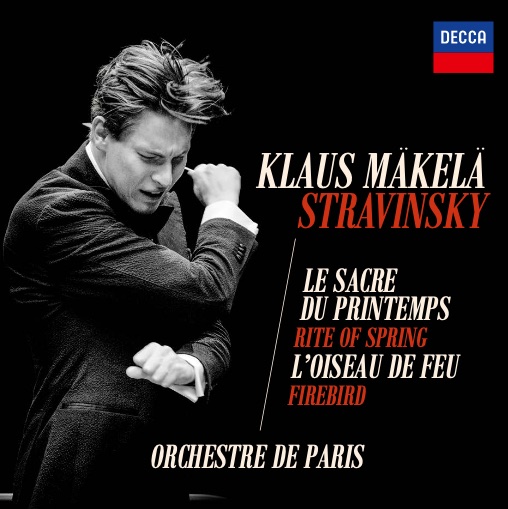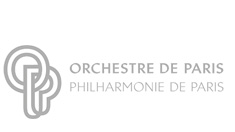
Stravinsky album review – Gramophone
“In taking these momentous scores back to their Parisian roots Klaus Mäkelä, as expected, engages his keen ears and sense of orchestral drama to hear and to project their startling innovation. This Rite is all about inner parts in high relief and rhythms that are truly physical and always point to a bodily expression. We should be reminded that this is a ballet before it is a concert piece and though it is incredibly hard in these times of super-virtuosity to rekindle that shock-of-the-new astonishment, a conductor like Mäkelä can and does startle the senses with his nose for detail and atmosphere.
The Introduction is slow and sinuous, unfolding like a time-lapse film of seeds germinating – there’s a hothouse sensuality about it. Then the pounding of collective feet and ear-popping flashes of brass and scything tam-tam unlock the unbridled savagery to come though when it’s as brilliantly played and precisely articulated as this there is part of you that might justifiably be thinking how sophisticated and urbane it sounds. I do think Mäkelä sometimes misses the clumsier rough-hewn quality of the piece. The roaring trombone glissandos of ‘Spring Rounds’ and screaming high trumpets of ‘Procession of the Sage’ are dispatched with no punches pulled for sure but the Orchestre de Paris are so on top of ‘The Dance of the Earth’ with its flutter-tonguing trumpets and sizzling violins that there is no threat of imminent derailment, leave alone self-destruction. The bass drum should really bludgeon through in the closing couple of bars to effect a brutal conclusion. He keeps his distance here and for all the excitement of the performance in moments like this it’s exhilaration as opposed to a scarifying primitivism that I feel.
Indeed the Introduction to Part 2 has more of a kinship to The Firebird than I’ve ever been conscious of before. We always think of these pieces as inhabiting such different universes. Mäkelä’s Firebird is a thing of seductive beauty. It has a really heady feel, a sharp aural sense of the exotic perfumed air the piece breathes. Rhythmically it’s all shimmer and flutter but in its reflective moments it becomes as sensuous and fragrant as you like. Just gorgeous playing throughout, especially from the winds, with limpid oboe, clarinet and bassoon (so lush in the Lullaby) weaving their magic in the ‘Khorovod (Round Dance) of the Princesses’.
I’m not sure that the villainous Kashchei’s ‘Infernal Dance’ is quite as orgiastic (or as menacing) as Stravinsky might have intended but again it’s highly balletic. And the ‘new dawn’ and ‘general rejoicing’ of the final tableau is thrilling with the Parisian brass really peaking on the key chord in that concluding cadence. Qualified rapture, I think.”
Gramophone Magazine, Edward Seckerson, May 2023



